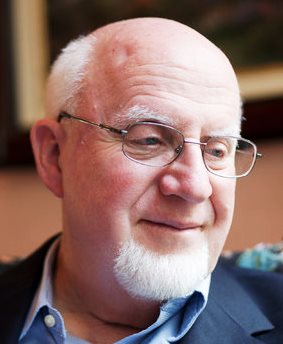
When God was ready to liberate his Old Testament people from bondage in Egypt, he COULD have organized an “underground railroad” of safe places, secret rendezvous points, and anonymous carriers, and then spread the word among the Hebrews that he would be rescuing slaves every Friday night if they wished to sign up and follow orders. He COULD have sent messengers door-to-door wherever Hebrew people were found, distributing maps of Egypt and the Desert, along with step-by-step escape instructions to be used if and when anyone wished. God could have done those things, but of course he didn’t. He did not deliver the Children of Israel one by one or family by family in countless rescue operations. Instead he set them free once for all by a lone and single sequence of mighty, saving deeds.
Similarly, when the New Testament speaks of our rescue by Jesus from sin and the powers of darkness, it does not picture a succession of single-person saving events, but of a finished work accomplished once for all through the life, death, and resurrection of Jesus Christ. This work was done one time for all time and it will never need doing again. Viewed from this perspective, if someone asks us when we were “saved,” the best answer is not “on Friday night when I accepted Christ” or “when I prayed a prayer,” or “on Sunday morning when I was baptized.” The most accurate and most meaningful answer is to say that I was saved nearly 2,000 years ago when Jesus Christ was delivered over to death because of my transgressions and was raised because of my justification (Rom. 4:25). For you and me and every person who will live with God throughout eternity, the event that makes all the difference occurred when God in Christ reconciled the world to himself, not counting their trespasses against them (2 Cor. 5:19).
The gospel is the good news of our salvation, and news tells what has already happened (Eph. 1:13). God loves us today and nothing can separate us from his love, but most often the New Testament says that God (or Christ) loved us–past tense–with the spotlight on the saving work accomplished by the life, death, and resurrection of Jesus Christ once for all. But must we not respond to this good news if we expect to enjoy its benefits. Yes, but it is better to say that one opts out of God’s rescue by the negative response of unbelief, ignoring, and disobedience (Acts 13:45). This is surely something of what Paul means when he says that God is the Savior of all people, especially of those who believe (1 Tim. 4:10).